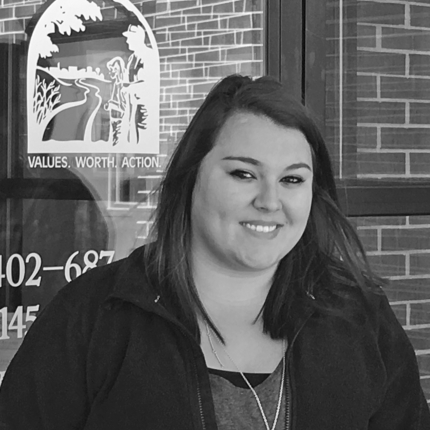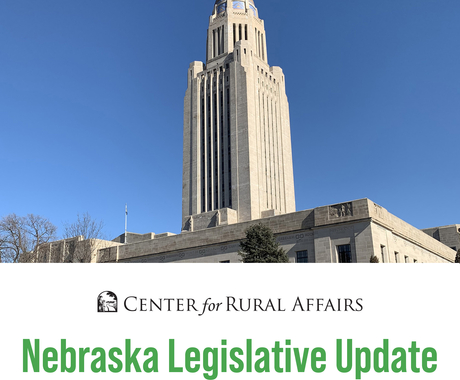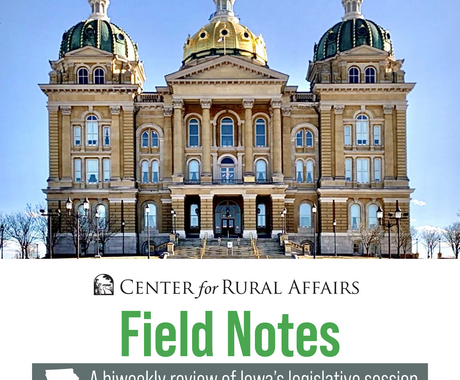Meet Blair Nelson. She recently went to the doctor for a physical and was forced to pay out of pocket, which took away money she had already allocated for other household bills.
Blair is a student, works part-time, and is one of more than 2.6 million American adults who are unable to access health insurance because she falls into the coverage gap. She makes too much income to qualify for Medicaid, but too little to be eligible for the tax credits that make private health insurance affordable.
Blair lives in Nebraska, one of 19 primarily rural states that have not closed the coverage gap by expanding Medicaid.
Amanda Christenson, a registered nurse at a primary health care clinic in rural Nebraska, said she often meets people like Blair who are unable to obtain health insurance and fall into the coverage gap.
“Due to lack of coverage, needed health care services are routinely delayed or denied in ways that significantly impact patient outcomes,” Amanda said. “Such gaps in care are not only a threat to quality of life for thousands of individual Nebraskans, but also prevent our health care system from improving and hurt our state’s economy.”
Expanded economic benefits
States that have expanded Medicaid have seen a 16 percent decline in uncompensated care, which is care provided out of necessity that patients are unable to pay for. The high costs of uncompensated care are shifted to insured patients and contribute to higher insurance premiums.
Moreover, states that have expanded Medicaid now have 8 to 10 percent lower insurance premiums than states that have not expanded Medicaid. Affordable access to preventative care services is proven to decrease overall medical expenses and improve the quality of health outcomes for everyone.
“If we truly believe that we live in a society of equal opportunity, we will view access to health care as a basic human right,” Amanda said. “An investment in the well-being of citizens is an investment in the human capital that we so desperately need for the future.”
It is time for the 19 states to take action on this important issue that directly impacts the lives of Blair and 2.6 million other Americans.
Featured photo: Blair Nelson stopped by the Center for Rural Affairs office to talk about health care. Blair makes too much to qualify for Medicaid, but too little to be eligible for tax credits that make private health insurance affordable, falling into a coverage gap.




